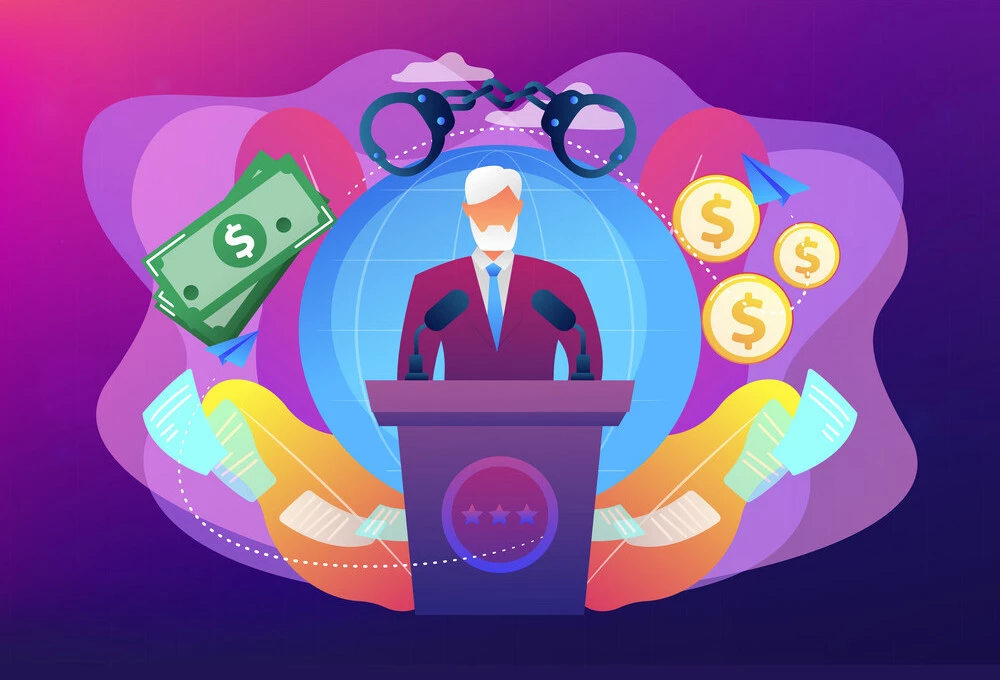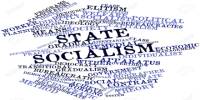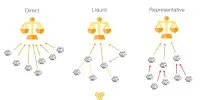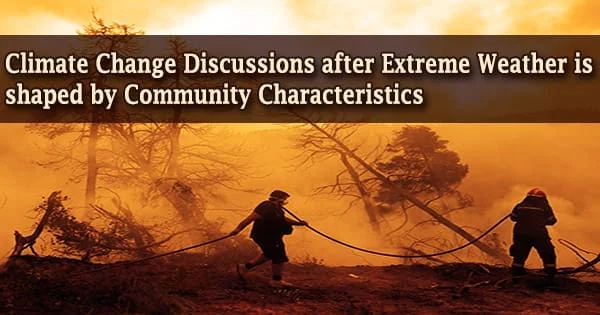Political corruption refers to the use of power and influence by political leaders and officials for illegal or unethical gain. This can involve accepting bribes, embezzlement of public funds, nepotism, and other forms of dishonest behavior. This can take many forms, including bribery, embezzlement, nepotism, and undue influence in the decision-making process. Political corruption can have serious consequences for society, including undermining democracy and the rule of law, reducing trust in government and political institutions, and limiting economic growth and development.
Political corruption undermines democratic institutions and the rule of law, and can have serious consequences for society and the economy. It undermines the rule of law and erodes public trust in government institutions. It can have serious consequences for both individuals and society as a whole, including reducing economic growth, exacerbating income inequality, and hindering the delivery of essential public services.
Corruption has been defined in various ways over time. Accepting a gift while performing work for the government or as a representative, for example, is unethical. Any free gift could be interpreted as a scheme to sway the recipient’s opinion. In most cases, the gift is interpreted as an intention to seek specific favors such as job promotion, tipping in order to win a contract, job, or exemption from certain tasks in the case of a junior employee handing in the gift to a senior employee who can be critical in winning the favor.
Bribery, lobbying, extortion, cronyism, nepotism, parochialism, patronage, influence peddling, graft, and embezzlement are all examples of corruption. Corruption can help criminal enterprises such as drug trafficking, money laundering, and human trafficking, but it is not limited to these. Political corruption also includes the misuse of government power for other purposes, such as repression of political opponents and general police brutality.
By flouting or even subverting formal processes, political corruption undermines democracy and good governance. Corruption in elections and the legislature reduces accountability and distorts policymaking representation; corruption in the judiciary jeopardizes the rule of law; and corruption in public administration leads to inefficient service delivery. It violates a fundamental principle of republicanism regarding the importance of civic virtue. [6] Corruption, in general, erodes government institutional capacity when procedures are ignored, resources are siphoned off, and public offices are bought and sold.
















